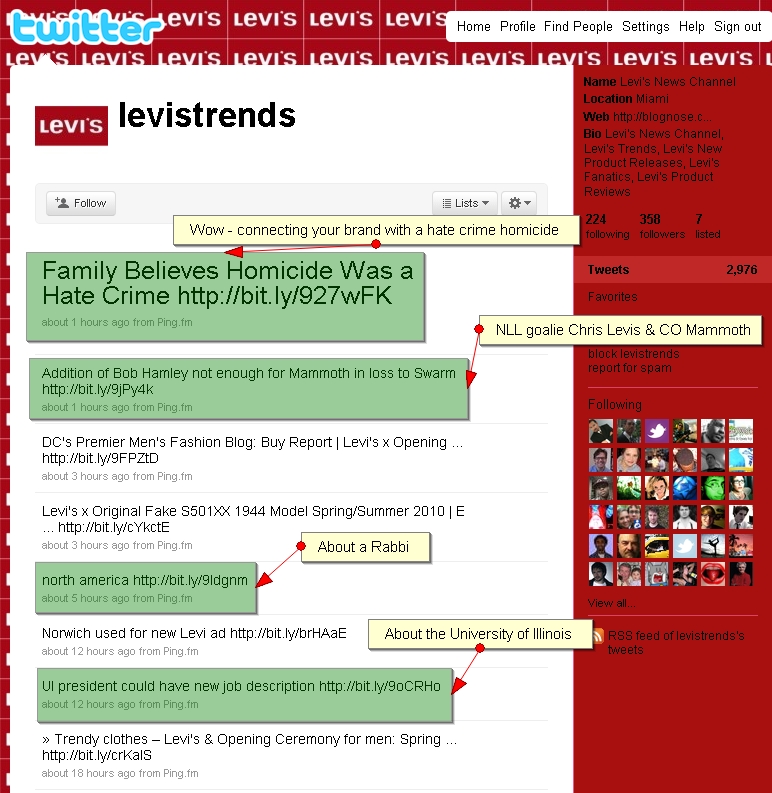I hear a lot of people say their product is seasonal and I see a lot of companies treat their products as such. But in many cases, is your product really seasonal? Or are you simply using that as an excuse?
I won’t deny it, some products are definitely seasonal. Most people don’t shop for Easter candy in June or Christmas trees in September, but outside of holiday specific products, is it truly seasonal?
Take for instance the sport of lacrosse. It has a definite seasonality, right? After all, lacrosse isn’t played year round. The National Lacrosse League plays from January through May. Major League Lacrosse plays from May to August. High school and college have two seasons with girls playing in the fall and boys in the spring. Many cities and organizations hold summer tournaments.
Wait a second. That looks like lacrosse is played year round, doesn’t it? So why is it treated seasonal? Because that’s how those involved treat it. If it’s not NLL season, teams don’t tweet or update their Facebook pages and news is virtually nil outside of major events like draft day.
Does that mean fans quit looking for relevant products? In some cases, yes. You will always have a group of customers who also view your product as seasonal, either because they’re ready to move on to other things, or because they’ve been conditioned to view it that way.
Others find themselves frustrated because a product they want is no longer available. Many lacrosse blogs and news sites go dormant for the season, gear becomes hard to find unless you are lucky enough to have a lacrosse specific store nearby or shop online. Sometimes even that doesn’t help. Just ask a lacrosse playing girl whose gear, to save valuable real estate may only be stocked ahead of the season and cleared out immediately after.
Do you really believe anyone heavily involved in the sport quits thinking about it simply because it’s not lacrosse season? A lot of opportunity exists but is overlooked because lacrosse is seasonal.
So now, is your product really seasonal? Or is it only seasonal because you view and treat it as such?

